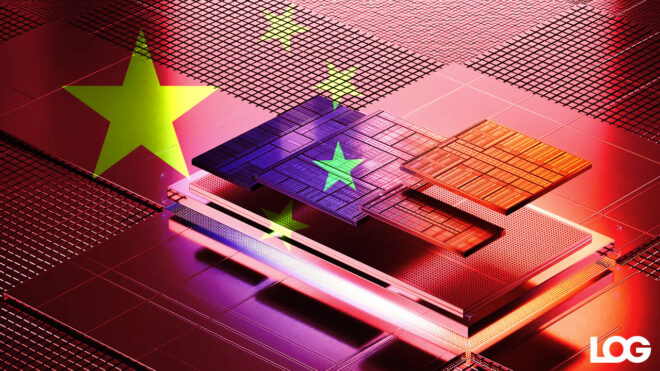According to the news today, China, Intel And AMD It prevents processors from being used in government computers.
Financial Times As reported by China, Intel And AMD It prevents the use of processors produced by the company in government computers and also in official server systems. In addition, the country, which decided to leave aside the Windows operating system and foreign server / database software, is completely in touch with the “security” focus on these issues. China wants to return to software and hardware. Regarding the big country, these days there are generally problems regarding processors. Huawei was coming to the fore. Because the USA imposed an embargo Huawei continues to attack the side, the company’s progress on the processor side seems to bring new bans looks. If you missed it, US Commerce Secretary Gina Raimondo made a statement last month and announced the Mate 60 Pro. “worrying” He described it as. In that case, “Commerce Department will respond to Huawei with the strongest possible measures to protect the United StatesRaimondo stated that they will examine in depth how the Chinese giant was able to prepare the advanced processor it put in the Mate 60 Pro in a short time.
YOU MAY BE INTERESTED IN
Yes, behind those statements was exactly the new processor developed by the company. US wants to know how Huawei can produce an advanced processor so quickly without support from global supply chains, has had some doubts about this issue for months and still keeps the process on the table. According to the latest information, the Biden administration has announced a number of Chinese semiconductor companies working with Huawei. considering blacklisting. The first names mentioned on this subject Qingdao Si’En, SwaySure and Shenzhen Pensun Technology Co. is happening, although a final decision has not been made yet, many Chinese companies Huawei Attempts are made to prevent it from working with .
As far as we have heard in the past months, Huawei is receiving “unprecedented” government support for processor production. For example, it was revealed that an enterprise network supported by the Shenzhen city government investment fund was established to help the company establish a self-sufficient chip / processor production network that will not be dependent on external sources. In addition, it is reported that the Chinese government has launched a $30 billion state-supported project to help Huawei establish chip production facilities. Huawei’s China-based processor production is of great importance not only for itself but also for other Chinese companies.
In this respect, “China is secretly turning Huawei into a powerful weapon in its chip war with the USA.” While commenting, it is said that there are major studies on lithography machines, which are vital for chip production, with three startups established in China under the name “SiCarrier”. Bloomberg’s sources even claim that Huawei has hired several former employees of Dutch lithography giant ASML to work in the field. The Chinese giant also transferred nearly a dozen patents to SiCarrier to speed up the process and allegedly allowed SiCarrier’s senior engineers to work directly at its facilities.
